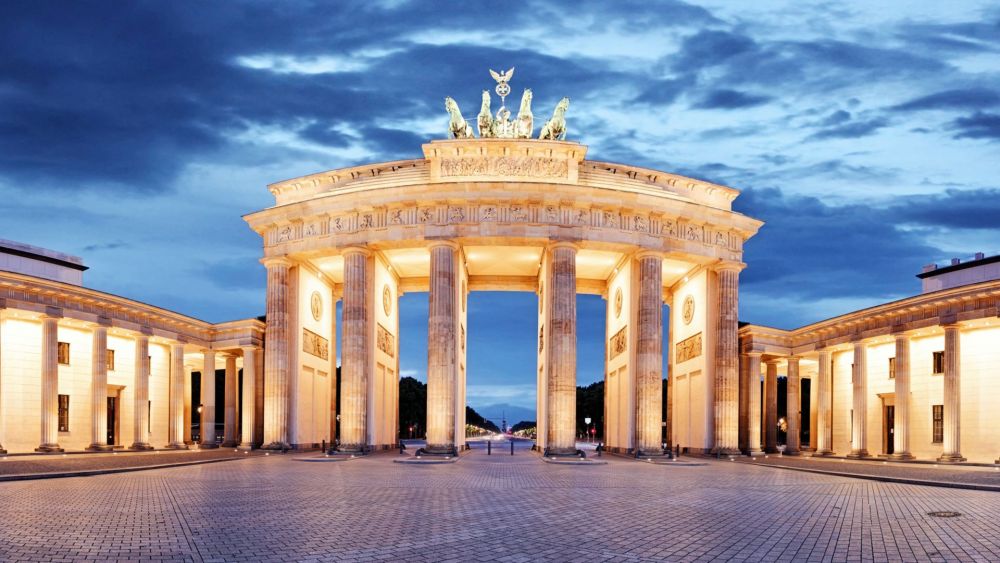

Tourism in Berlin has a complex history, deeply intertwined with the dramatic events that the city has experienced over the past century. Known for its cultural significance and turbulent past, Berlin has become a magnet for history enthusiasts and travelers from around the world.
In the early 1900s, Berlin was recognized as a center for culture and the arts during the Weimar Republic. The city's cabaret scene and modernist movements attracted visitors keen on experiencing its notorious nightlife and the avant-garde art scene. Despite the economic challenges of the time, Berlin established itself as a vibrant and dynamic destination.
The outbreak of World War II and the subsequent division of Berlin into East and Berlin West greatly affected tourism. After the war, the city lay in ruins, and tourism was virtually non-existent. However, during the Cold War, West Berlin, supported by Western powers, saw a resurgence in visitors, whereas East Berlin, under communist rule, attracted fewer tourists, with travel being more restricted.
The fall of the Berlin Wall in 1989 marked a new chapter for tourism in Berlin. The reunification of the city ushered in an era of renovation and revival. Berlin began to capitalize on its unique history, with sites like the Brandenburg Gate, the Berlin Wall remnants, and the Memorial to the Murdered Jews of Europe becoming must-see landmarks for millions of visitors.
In the 21st century, Berlin's tourism industry experienced rapid growth. The city became renowned for its bustling art scene, diverse cultural festivals like Berlinale, and rich historical narratives. Berlin also carved out a reputation as a hub of technology and innovation, holding events such as IFA, the leading trade show for consumer electronics.
Sustainable Tourism: In recent years, Berlin has focused on sustainability, encouraging environmentally-friendly travel and accommodations. The city has made strides to reduce its carbon footprint and promote green spaces.
Digitalization: Berlin's tourism industry has embraced digital technologies, offering virtual reality tours of historical sites, mobile apps for navigation, and enhanced online booking systems.
Cultural Tourism: There's an ongoing interest in Berlin's powerful history and contemporary art scene, drawing cultural enthusiasts to its numerous museums, galleries, and theater performances.
Culinary Experiences: The city's food scene, showcasing both traditional German cuisine and a diverse array of international foods, has become a draw in its own right.
Looking forward, Berlin aims to continue being a leader in innovation within the tourism sector, offering unique and memorable experiences to its visitors while balancing the needs of sustainability and cultural preservation. The city's rich history and modern charm ensure that its tourism history will continue to grow and evolve.